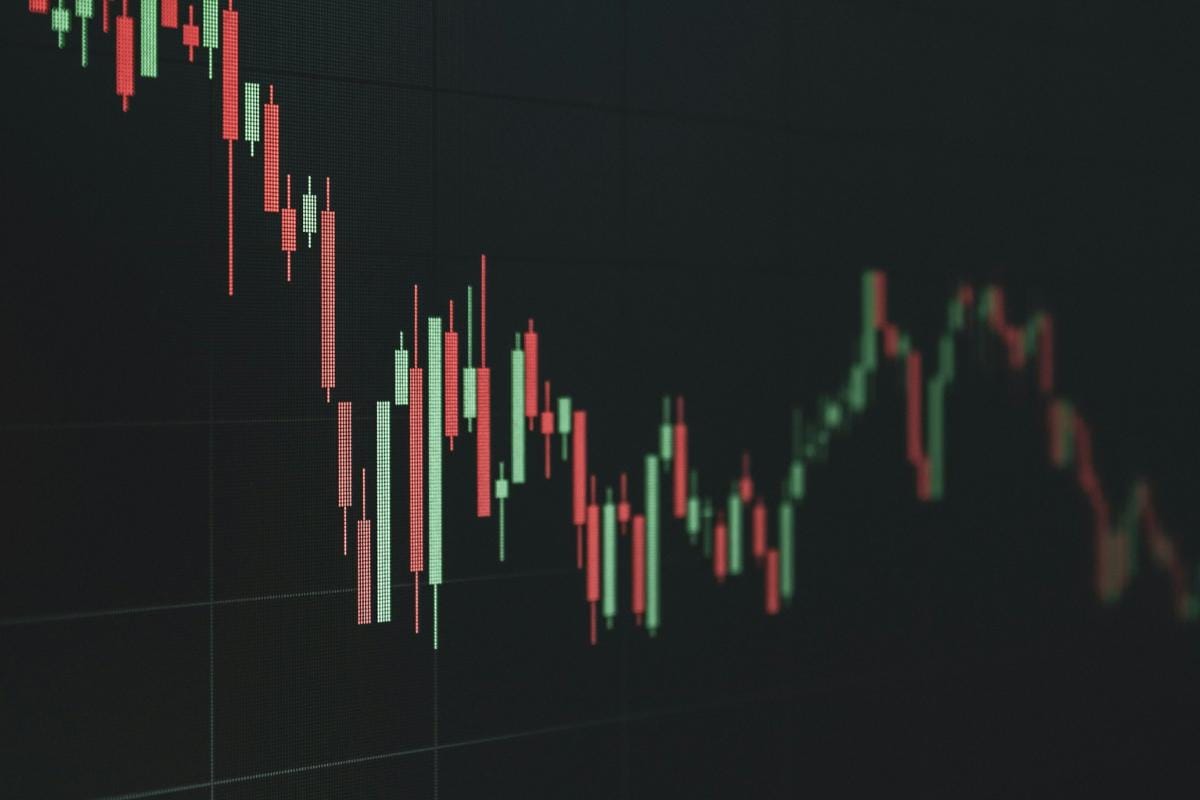A review of the markets in 2021
2021 was a challenging year for investors, despite strong returns from most equity markets. As fast as vaccines against Covid-19 were rolled out, new variants of the virus emerged, many economies were beset by their highest levels of inflation for thirty years and in China, the authorities launched a brutal clampdown on the country’s most successful companies whilst the world’s most indebted property developer teetered on the brink of collapse.
To date, UK equities have provided a return (including dividends) of just over 17%, more than compensating for the market’s decline of 10% in 2020. In other positive news, its economy looks set to have grown by 6-7% over the year, and corporate profits have rebounded. Meanwhile, the UK’s vaccination programme has been one of the most successful globally.
Further afield, many stock markets outstripped the UK’s strong performance, with the US once again at the vanguard rising 30% in sterling terms. An eclectic mix of a vaccine-maker (Moderna), a technology behemoth (NVIDIA) and a clutch of oil companies have all seen their stock prices more than double in 2021, whilst Tesla joined the elite club of companies valued at more than US$1trn. At the other extreme, and perhaps unsurprisingly given the developments mentioned above, Chinese equities were down in 2021.
November saw the showpiece COP26 climate change conference take place in Glasgow, and while many were disappointed by the the pledges made, the emphasis on environmental, social and governance (ESG) factors amongst investors became an even more powerful force in 2021. Fund managers ignore this trend at their peril.
Investors in government bonds have lost money in 2021, albeit not as much as might have been expected given the degree to which interest and capital repayments have been eroded in real terms by soaring inflation rates.
At the beginning of 2021, 10-year UK gilt yields stood at just 0.2%. As growth and inflation picked up, yields rose six-fold to 1.2% and at worst broad gilt market indices were down by almost 9%. It is perplexing therefore that, even as the UK inflation rate has continued to rise, 10-year yields have since tumbled to 0.75%. Losses for investors in UK gilts have narrowed to just 2%.
The economic and monetary backdrop in 2021 could not have been more benign for investors in equity markets. The rollout of vaccines allowed economies to re-open, releasing a surge of pent-up demand. Indeed, that demand has led to shortages in many parts of the supply spectrum, ranging from labour to semiconductors to energy. Unsurprisingly, prices have risen accordingly. The price of shipping a standard 40ft container from Shanghai to Europe has increased approximately fivefold in 2021. Even though it has plummeted by nearly 40% over the last six weeks, the price of gas is still 50% higher than where it started the year, as is the price of oil.
Despite buoyant economic growth and rising inflation, both fiscal and monetary stimuli have remained in full flow. Central banks have seemed wary and reluctant to withdraw the punchbowl. The US Federal Reserve finally began to scale back its quantitative easing programme in November but will continue to buy bonds until June next year. Here in the UK, the Bank of England will complete its latest round of bond buying this month, taking its cumulative total to £895bn. Having hinted very strongly before its meeting in November that interest rates were set to rise from a historic low of 0.1%, the Bank then surprised almost everyone by leaving them unchanged and was accused of being an ‘unreliable boyfriend’.






![[uns] house of commons, parliament](https://ifamagazine.com/wp-content/uploads/wordpress-popular-posts/788873-featured-300x200.webp)


![[UNS] tax](https://ifamagazine.com/wp-content/uploads/wordpress-popular-posts/788955-featured-300x200.webp)




